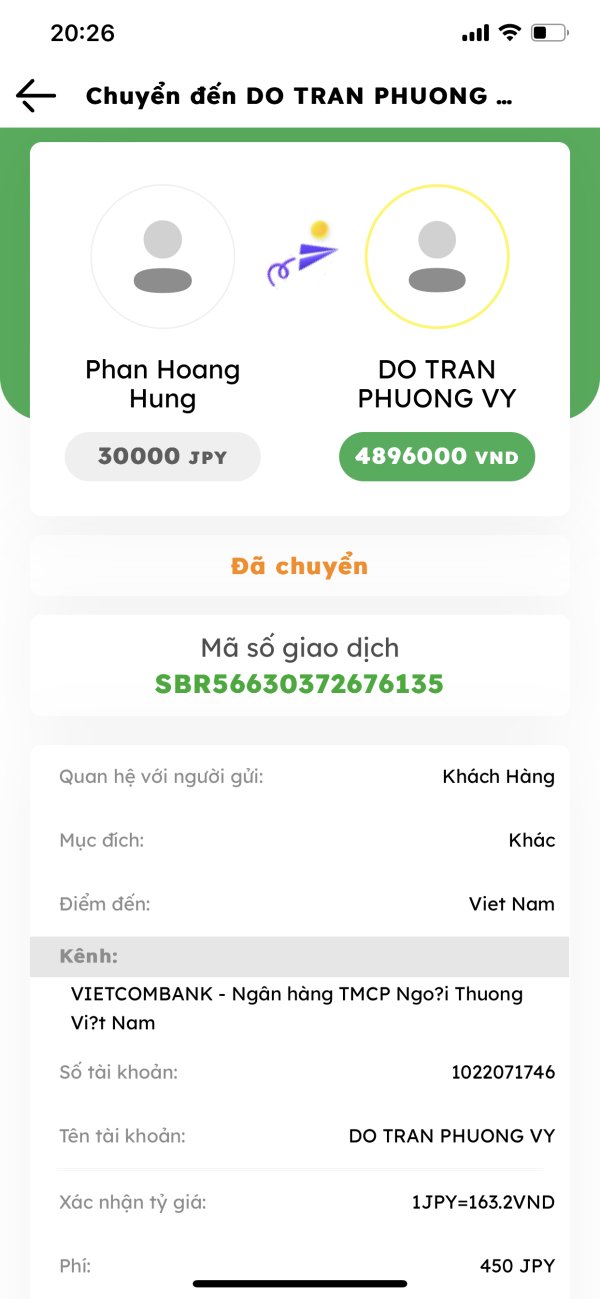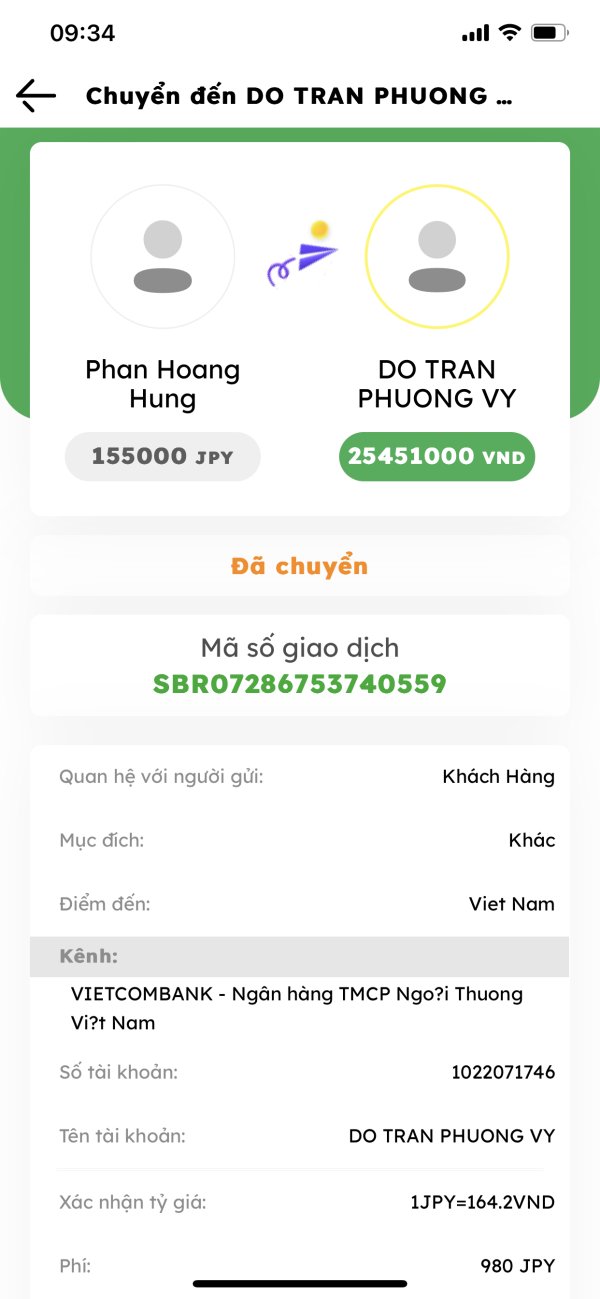ADMIS 2025 Review: Everything You Need to Know
Executive Summary
This comprehensive admis review examines a broker with a complex profile. Potential traders need to think carefully about this company. ADMIS started in 1966 and brings over 50 years of experience to futures and options markets. The company positions itself as a veteran player in derivatives trading. However, our analysis shows major concerns that potential clients must carefully evaluate.
Based on available user feedback and public information, ADMIS receives a neutral to negative overall assessment. The broker's extensive industry experience represents its primary strength. The company has maintained operations for nearly six decades in the competitive futures brokerage landscape. ADMIS focuses specifically on futures and options market execution and clearing services. The company targets experienced traders who understand these complex financial instruments.
User feedback consistently points toward reliability concerns. The current user rating is 4 out of 10. Many users actively recommend seeking more reliable brokerage alternatives. This suggests underlying issues with service quality, platform performance, or customer support. This broker appears most suitable for experienced traders already familiar with futures and options markets. Even this demographic should proceed with caution given the mixed user testimonials and transparency concerns.
The lack of clear regulatory information in available public materials raises additional questions about oversight and consumer protection. For traders prioritizing regulatory transparency and robust customer support, alternative brokers may provide more suitable options for their trading needs.
Important Disclaimers
Regional Entity Differences: Available information does not provide specific regulatory details for different regional entities. Traders should independently verify applicable regulatory policies and protections in their jurisdiction before opening accounts.
Review Methodology: This admis review relies on publicly available information and user feedback. Information gaps exist regarding specific trading conditions, platform features, and regulatory status. Potential clients should conduct additional due diligence and request current information directly from the broker before making trading decisions.
Given the limited transparency in available materials, traders should exercise particular caution. They should seek comprehensive information about all trading terms, conditions, and regulatory protections before committing funds to this platform.
Rating Framework
Broker Overview
ADMIS entered the futures brokerage industry in 1966. The company established what would become a multi-decade presence in derivatives markets. ADMIS has maintained operations for over 50 years, focusing specifically on futures and options trading execution and clearing services. This extensive operational history demonstrates the company's ability to navigate various market cycles and regulatory changes within the derivatives trading sector.
The broker's business model centers on providing execution and clearing services for futures and options markets. Unlike full-service brokers offering diverse asset classes, ADMIS maintains a specialized focus on derivatives trading. The company positions itself as a niche provider for traders specifically interested in these instruments. This specialization could benefit experienced traders seeking dedicated futures and options expertise. However, it limits appeal for investors wanting diversified trading opportunities.
However, this admis review must note significant information gaps regarding the company's current operational structure, technological infrastructure, and regulatory compliance framework. Available public materials do not provide clear details about trading platforms, account types, or specific service offerings beyond general futures and options execution capabilities.
The broker's target market appears to be experienced traders familiar with derivatives markets. These traders particularly require specialized execution and clearing services for futures and options strategies. However, user feedback suggests even this target demographic may find better alternatives in the current competitive landscape.
Regulatory Status: Available information does not specify regulatory oversight or licensing details. This lack of regulatory transparency represents a significant concern for potential clients seeking protected trading environments.
Deposit and Withdrawal Methods: Specific information about funding methods, processing times, or associated fees is not available in current public materials. Traders should request detailed funding information before account opening.
Minimum Deposit Requirements: Minimum deposit amounts and account opening requirements are not specified in available documentation. This information gap complicates account planning for potential clients.
Promotions and Bonuses: No current promotional offerings or bonus programs are detailed in available materials. The broker does not appear to emphasize marketing incentives in its current business approach.
Available Trading Assets: The broker focuses specifically on futures and options markets. However, detailed asset listings, contract specifications, or market access details are not provided in current public information.
Cost Structure: Specific information about commissions, fees, spreads, or other trading costs is not available in reviewed materials. This represents a critical information gap for cost-conscious traders evaluating brokerage options.
Leverage Options: Leverage ratios, margin requirements, or risk management parameters are not specified in available documentation.
Platform Options: Specific trading platform information, including software options, mobile applications, or web-based trading interfaces, is not detailed in current materials.
Geographic Restrictions: Information about service availability by region or country-specific restrictions is not provided in available documentation.
Customer Service Languages: Available customer support languages and communication channels are not specified in current public materials.
This admis review emphasizes that these information gaps significantly complicate informed decision-making for potential clients.
Detailed Rating Analysis
Account Conditions Analysis (4/10)
Account conditions represent a significant weakness in ADMIS's offering based on available information and user feedback. The broker fails to provide clear, accessible information about account types, minimum deposit requirements, or specific features that distinguish different account levels. This lack of transparency immediately disadvantages potential clients who need to understand account structures before committing funds.
User feedback consistently suggests that account conditions are unfavorable compared to alternative brokers. Several users specifically recommend seeking "more reliable" brokerage options. This indicates dissatisfaction with account terms, conditions, or overall account management experience. The absence of detailed account information in public materials suggests either poor marketing communication or intentional opacity regarding account conditions.
Standard account features that traders expect are not detailed in available materials. These include account type variety, Islamic account options, or professional account categories. This information vacuum makes it impossible for potential clients to assess whether the broker can accommodate their specific trading needs or regulatory requirements.
The admis review process reveals no evidence of competitive account features, innovative account structures, or client-friendly terms that would distinguish ADMIS favorably from established competitors. This lack of compelling account conditions, combined with negative user feedback, justifies the low rating in this critical evaluation category.
ADMIS's tools and resources offering receives a mediocre rating due to limited information about available trading tools, research capabilities, and educational resources. The broker's focus on futures and options markets suggests specialized tools should be available. However, specific details about trading software, analytical tools, or research resources are not provided in current public materials.
Modern traders expect comprehensive research resources, including market analysis, economic calendars, technical analysis tools, and educational materials. Available information does not detail whether ADMIS provides these essential trading resources. This absence of information suggests either limited resource availability or poor communication about existing capabilities.
Educational resources represent another significant gap. Futures and options trading requires sophisticated understanding of derivatives markets, risk management, and complex trading strategies. Brokers serving this market typically provide extensive educational materials, webinars, and training resources. The lack of detailed educational offerings in ADMIS materials raises concerns about support for trader development.
Automated trading support, API access, and third-party platform integration are not mentioned in available documentation. These features are increasingly important for serious traders. This suggests limited technological sophistication or restricted access to advanced trading tools that experienced traders often require.
Customer Service and Support Analysis (4/10)
Customer service represents one of ADMIS's most significant weaknesses based on consistent negative user feedback. Multiple users specifically cite poor customer service quality as a primary reason for recommending alternative brokers. This pattern of negative feedback indicates systemic customer service issues rather than isolated incidents.
Available information does not specify customer service channels, availability hours, or response time commitments. Modern brokers typically provide multiple contact methods including phone, email, live chat, and social media support. The absence of detailed customer service information suggests limited accessibility or poor communication about available support options.
User feedback indicates slow response times and inadequate problem resolution capabilities. In the fast-paced trading environment, delayed customer service responses can result in significant financial consequences for traders. This affects traders experiencing technical issues, account problems, or urgent trading needs.
Multilingual support capabilities are not detailed in available materials. This potentially limits service accessibility for international clients. Given the global nature of futures and options markets, this represents a significant service limitation for non-English speaking traders.
The consistent pattern of negative customer service feedback, combined with limited transparency about support capabilities, justifies the low rating in this essential service category.
Trading Experience Analysis (5/10)
The trading experience evaluation suffers from significant information gaps regarding platform performance, execution quality, and overall user experience. Available materials do not provide specific details about trading platforms, execution speeds, or system reliability. These are critical factors for successful futures and options trading.
User feedback suggests potential issues with trading experience quality. However, specific problems are not detailed in available testimonials. The general recommendation to seek "more reliable" alternatives implies concerns about platform stability, execution reliability, or overall trading environment quality.
Order execution quality represents a critical factor for derivatives traders, where price precision and timing can significantly impact trading results. Available information does not provide execution statistics, slippage data, or performance benchmarks. This makes objective assessment of execution quality impossible.
Platform functionality details are notably absent from available materials. Modern trading platforms should provide advanced charting, real-time data, order management tools, and mobile accessibility. The lack of platform information makes it impossible to assess whether ADMIS provides competitive trading technology.
This admis review cannot provide detailed trading experience assessment due to information limitations. However, user feedback patterns suggest below-average performance in this critical category.
Trust and Reliability Analysis (3/10)
Trust and reliability represent ADMIS's lowest-rated category due to significant transparency concerns and regulatory information gaps. The absence of clear regulatory information in available public materials raises immediate red flags for potential clients seeking protected trading environments.
Regulatory oversight provides essential consumer protections including segregated client funds, dispute resolution mechanisms, and operational oversight. The lack of specific regulatory details makes it impossible for potential clients to understand their protection level. It also prevents understanding of recourse options in case of disputes or operational issues.
Fund safety measures, including client money segregation and insurance coverage, are not detailed in available materials. These protections are fundamental for trader confidence and represent basic industry standards. They should be clearly communicated to potential clients.
Company transparency issues extend beyond regulatory information to include limited disclosure about operational structure, management team, and business practices. This opacity conflicts with modern expectations for broker transparency and accountability.
User feedback patterns suggesting reliability concerns compound the transparency issues. When users consistently recommend seeking alternatives due to reliability concerns, it indicates fundamental trust issues. Potential clients should carefully consider these patterns.
User Experience Analysis (4/10)
User experience receives a low rating based on the 4/10 user rating and consistent negative feedback patterns. This rating reflects overall dissatisfaction with multiple aspects of the ADMIS experience. Issues span from account management to customer service to trading platform performance.
Interface design and usability information is not available in current materials. This prevents assessment of platform user-friendliness or navigation efficiency. Modern traders expect intuitive, responsive interfaces that support efficient trading workflows. However, ADMIS provides no public information about user interface design or usability testing.
Account opening and verification processes are not detailed in available materials. Streamlined onboarding represents a basic expectation for modern brokers. The lack of process information suggests potential complications or inefficiencies in account setup procedures.
Funding and withdrawal experiences are not documented in available user feedback or company materials. Efficient money movement represents a fundamental broker service. The absence of detailed information about funding processes raises concerns about operational efficiency.
The consistent pattern of users recommending alternative brokers indicates widespread dissatisfaction with the overall ADMIS experience. This pattern suggests systemic issues across multiple service areas rather than isolated problems in specific functions.
Conclusion
This comprehensive admis review reveals a broker with significant limitations that potential clients should carefully consider. While ADMIS brings over 50 years of industry experience to the derivatives trading market, this operational longevity does not translate into competitive service quality or user satisfaction based on current feedback patterns.
The broker appears most suitable for very experienced traders already familiar with futures and options markets who can navigate limited transparency and potential service issues. However, even this narrow target market may find superior alternatives offering better customer service, clearer regulatory protection, and more comprehensive trading resources.
Primary concerns include the absence of regulatory transparency, consistently negative user feedback regarding customer service quality, and significant information gaps about essential trading conditions. These factors combine to create an environment where traders assume elevated risks beyond normal market exposure.
For traders prioritizing reliability, transparency, and comprehensive support services, alternative brokers likely provide superior options in the current competitive landscape.


















